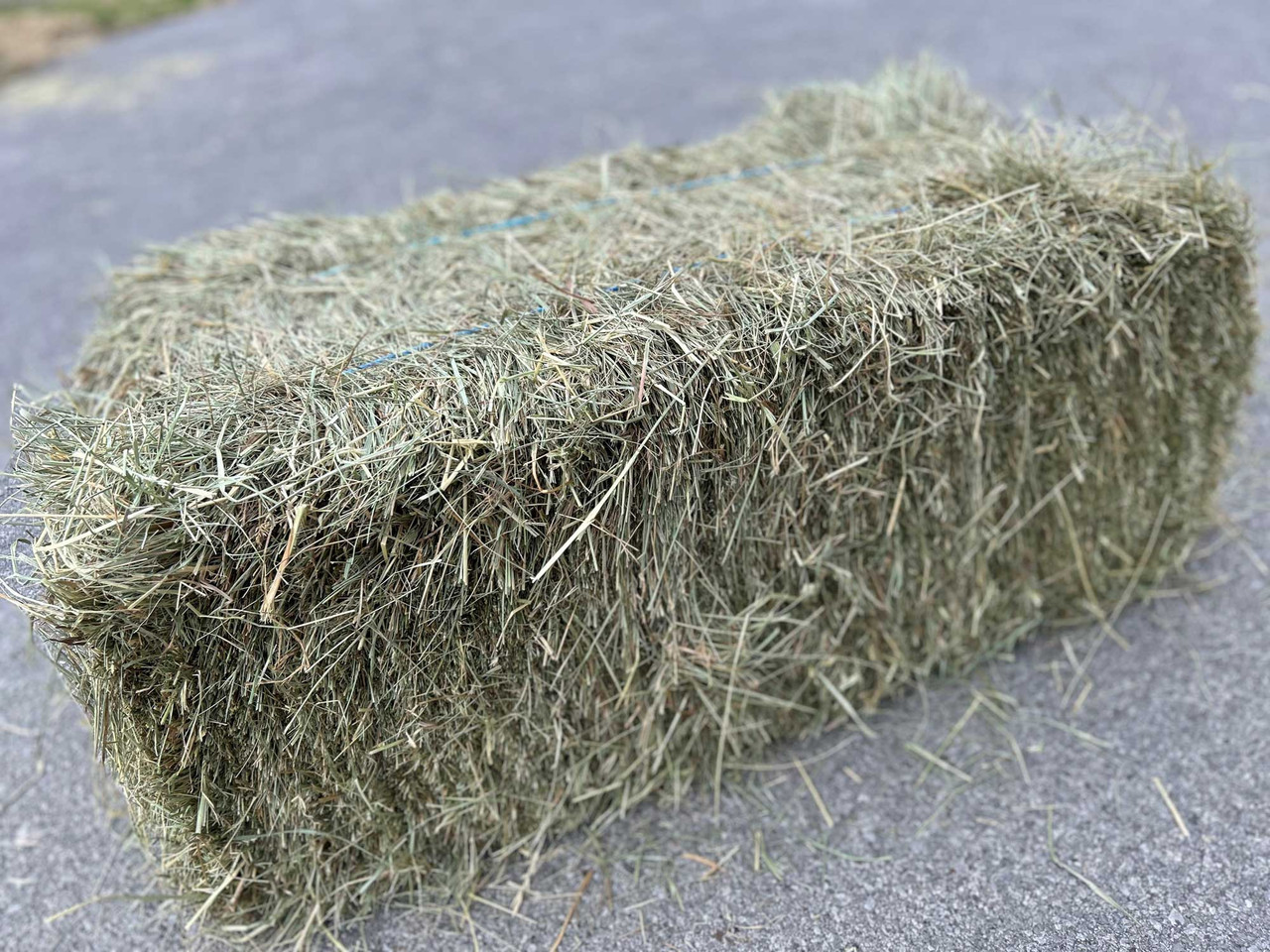Farmers have been urged to accelerate hay cutting and baling operations as Zimbabwe enters the peak of its annual fire season, which poses serious threats to livestock, crops, and the environment.
The fire season, officially running from July 31 to October 31, coincides with the driest period of the year when vegetation is extremely flammable. Authorities warn that veld fires during this time can spread rapidly and cause devastating losses.
The Environmental Management Agency (EMA) has sounded the alarm, particularly over the late fire season - from September to October - when rising temperatures, strong winds, and low humidity combine to make veld fires more intense and harder to control.
Permanent Secretary in the Ministry of Lands, Agriculture, Fisheries, Water and Rural Development, Professor Obert Jiri, has called on farmers to shift their approach from burning to productive land management.
"Bale it, do not burn it," Prof Jiri told The Sunday Mail. "Every stalk of grass or stover you destroy by fire is feed you are taking away from your animals in the dry season. By cutting and baling grass, you are also removing the dry matter that fuels veld fires, so it is a double benefit."
He emphasized that baled hay not only ensures food security for livestock during the dry months but also plays a key role in reducing fire hazards.
With the country currently in the middle of the wheat harvesting season, Prof Jiri also issued a strong warning to wheat farmers to construct and maintain proper fireguards. He noted that one veld fire can destroy hundreds of hectares in a matter of hours.
"We have in the past lost wheat worth over US$800 000 to veld fires — we cannot afford such losses again," he said.
Zimbabwe's wheat production has seen impressive growth in recent years. After harvesting a record 468,000 tonnes in 2023, output surged to 560,000 tonnes in 2024 from nearly 120,000 hectares—far surpassing the national requirement of 360,000 tonnes. The 2025 target is 600,000 tonnes, driven by expanded cultivation and improved yields under government support.
While this success is being celebrated, protecting crops from fire remains a top priority. The threat is not limited to crops alone. Zimbabwe's national cattle herd, now estimated at 5.5 million, is expected to more than double to 12 million. Achieving this target hinges on adequate feed availability, especially during the lean season. Early hay baling is being positioned as a strategic solution.
Uncontrolled veld fires continue to destroy thousands of hectares of grazing land and crops annually. Some of these blazes have been traced to farmers who burn stubble, a practice authorities are determined to stop.
Prof Jiri said his ministry, working with EMA and Agribusiness Advisors (formerly Agritex officers), will intensify farmer education on hay baling, silage production, and safe fire management techniques.
"We have the equipment through mechanisation programmes and we encourage farmers to make use of it. We must change our mindset — burning is destruction, baling is production," he said.
EMA has also called on communities to form fire-fighting teams, create and maintain fireguards, and report any fire outbreaks promptly. As the fire season peaks, both vigilance and sustainable practices will be key to preserving Zimbabwe's agricultural gains.
- The Herald
 OK Zimbabwe posts US$17,8 million loss
OK Zimbabwe posts US$17,8 million loss  Hichilema meets Chivayo
Hichilema meets Chivayo  Millions celebrate Diwali festival in India
Millions celebrate Diwali festival in India  Econet Zimbabwe to delist from ZSE
Econet Zimbabwe to delist from ZSE  Gold edges up as traders await guidance
Gold edges up as traders await guidance  Mnangagwa fires Chitando, appoints Polite Kambamura
Mnangagwa fires Chitando, appoints Polite Kambamura  Young Investment Professional (YIP) Graduate Programme 2019
Young Investment Professional (YIP) Graduate Programme 2019 











 Young Investment Professional (YIP) Graduate Programme 2019
Young Investment Professional (YIP) Graduate Programme 2019
Editor's Pick